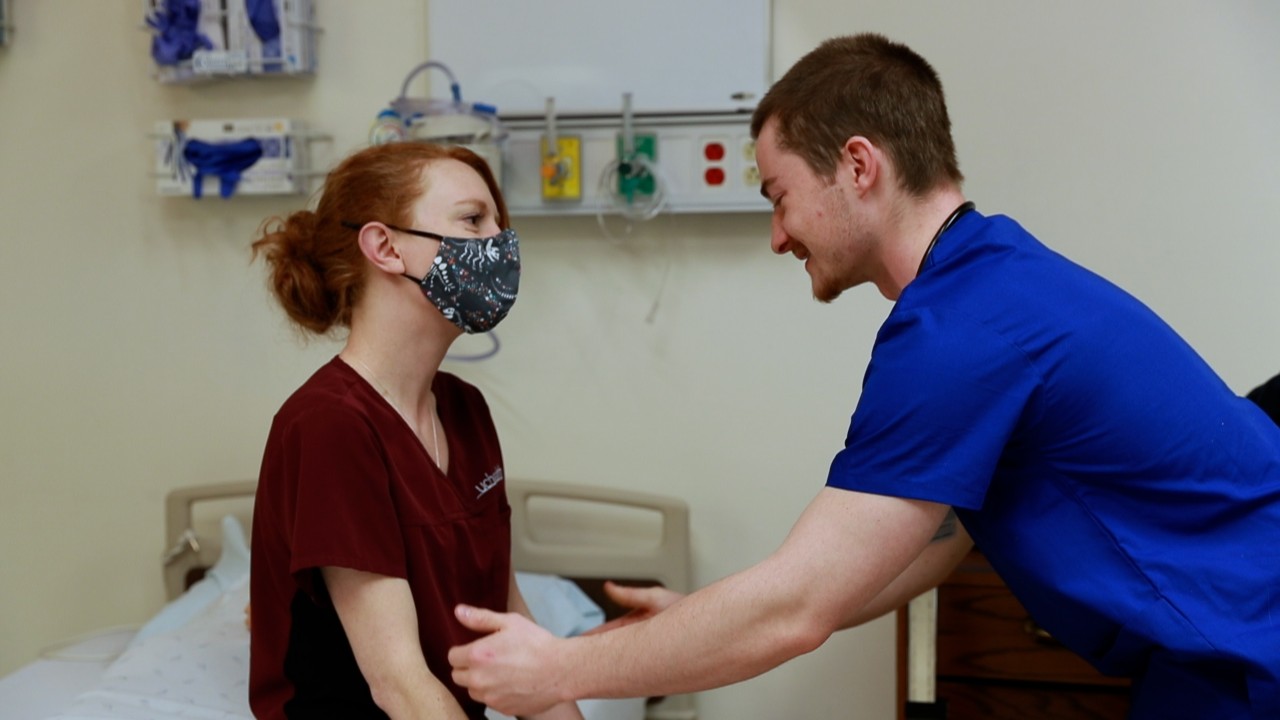Nurse Practitioner Week is Nov. 13-19, 2022, and is held to honor these important healthcare providers. The week also serves as a reminder to lawmakers that outdated laws should be reconsidered so nurses can work to the full extent of their education. Have you wondered what the difference is between a nurse and a nurse practitioner? Or maybe you’re already working as a nurse and you’d like to level up your career? Here are 3 reasons to consider a career as a nurse practitioner.
You likely have more autonomy. Because of a nurse practitioner’s advanced education and experience, many states allow nurse practitioners to enjoy the same autonomy as a physician. In states with “full practice,” NPs are licensed to see their own patients without the oversight of a supervising physician. In these states, NPs are able to evaluate, diagnose, and treat patients, manage the treatment plan, prescribe medications, interpret lab tests, and refer patients to specialists. In states with reduced or restricted practice, the NP works in a regulated collaborative team with another healthcare provider or is subject to career-long supervision.
You develop deeper relationships with patients. With that autonomy, you are likely to develop long-term relationships with your patients. If you specialize in family practice, you might treat the whole family, and that provides continuity for you and the family. If you work in a state that’s physician-led, you work as part of a team. In either case, a nurse practitioner can choose a specialty. Some of the more popular specialties include family practice, pediatrics, women’s health, and gerontology. No matter what you choose, you’ll likely develop a close connection with your patients.
The field is growing. Between 2021-31, the NP field is projected to grow 46%, one of the fastest-growing fields, according to the Bureau of Labor and Statistics. That’s in part due to a large segment of the population aging into retirement. To put that number into perspective, the average growth rate for jobs is typically 5%.
Do you already work in nursing or are you considering how to get started so you can reach your career goal to become a nurse practitioner? The path requires a master’s degree in nursing (MSN) and completing a higher number of clinical hours. Although it’s possible to become a nurse practitioner right away, many NPs start their careers off as an RN. If you’re looking to get started in your nursing education or further advance your nursing career, Fortis can help you explore your options. Click here for more information or call us today at (855) 436-7847 and speak to one of our career counselors.


